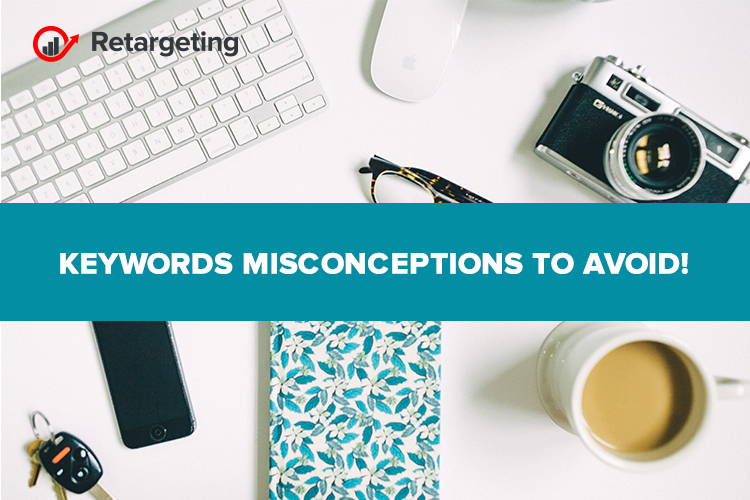A lot of people are looking for a magic number or percentage that defines the ideal keywords density for web pages and blog posts. They feel there is a sweet spot, and if they hit it, the traffic will come pouring in!
Sadly, that’s not exactly the case. In fact, keyword density is a useless metric when it comes to writing content optimized for search engine traffic and conversions.
In order to help anyone looking for an answer to that question, we’ll try debunking some common misconceptions about keywords and also share some SEO-friendly strategies.
Keyword density
There is no clear connection between keyword density and how much organic traffic is generated by a post or page. The actual lack of evidence is evidence enough, and no SEO expert has been able to pinpoint the ideal ratio of keywords to content for generating traffic. It’s important to think beyond keywords and understand there are many more important factors coming into play.
Keywords matter
Search engines have started putting less emphasis on keywords used versus the intent or purpose of the keywords within the content. Search engines are smart, and they are ultimately going to show users the best fit for what they are looking for, regardless of the exact terms used.
The variations of the terms you use and the overall context of the content matter far more than the density of your target keyword.
Keyword research
You want to make sure your keyword research is on point before you hop into writing any content. You want to be sure the terms you are using are in fact a good match for the purpose of your content, have a reasonable search volume and make sense for your website, niche or brand. Don’t target a keyword “on a hunch” or simply because your competitors are ranking for a term.
You want to create a cohesive plan for your content, whether it is being used as a landing page for ads, for generating organic traffic or for some other kind of content marketing campaign. Support your strategy with data and create a clear picture of how you want your content to work for you.

Ideal word count
Another common SEO related question is “What is the ideal word count?” People want to know how to budget their time. There’s no use writing a 2,000+ word post if a 500-word post will work.
Unfortunately, it depends on a variety of factors, and without assessing each case individually, you can’t establish a hard rule to answer this question. However, take into consideration the following to help you determine how long a post or page should be:
- Purpose. It makes sense for a blog post to have 2,000+ words, but few users will want to read through that much copy on a sales page. Readers are looking for different things or could be at different steps in the buyer’s journey. A short and concise sales page may be all someone needs to convert. A blog post or web page may need a little more depth.
- Competition. If your competitor is outranking you and is using long-form content, you may want to consider doing the same, but better, with unique content and tailored to your audience.
- SEO. To avoid content that reads like spam, you will want your content to flow naturally and thoroughly cover all of the relevant sections. Trying to stuff everything into a short page won’t work, and it will not read well, either.
Driving conversions
While using content to generate traffic is a goal, the ultimate goal should be driving conversions. This can only be accomplished if your content is written with your target audience in mind.
Know your audience
Understanding who you are writing for separates successful content from a bad one. It doesn’t matter how long your content is, what platform you are on or how many keywords you use; if you don’t have the right message for the right audience, your campaign will not be a success.
Once you understand your customer, it will help you write content that’s made to sell. Your audience will perceive your content as written directly for them and are more likely to convert.
Optimizing your content for search engines is an important component of SEO content writing, but your approach should depend on what keywords you are targeting, what makes sense for your audience and the purpose of your content.
Write for your users and have an end goal in mind when you create content. If you do, more traffic and conversions will come.

